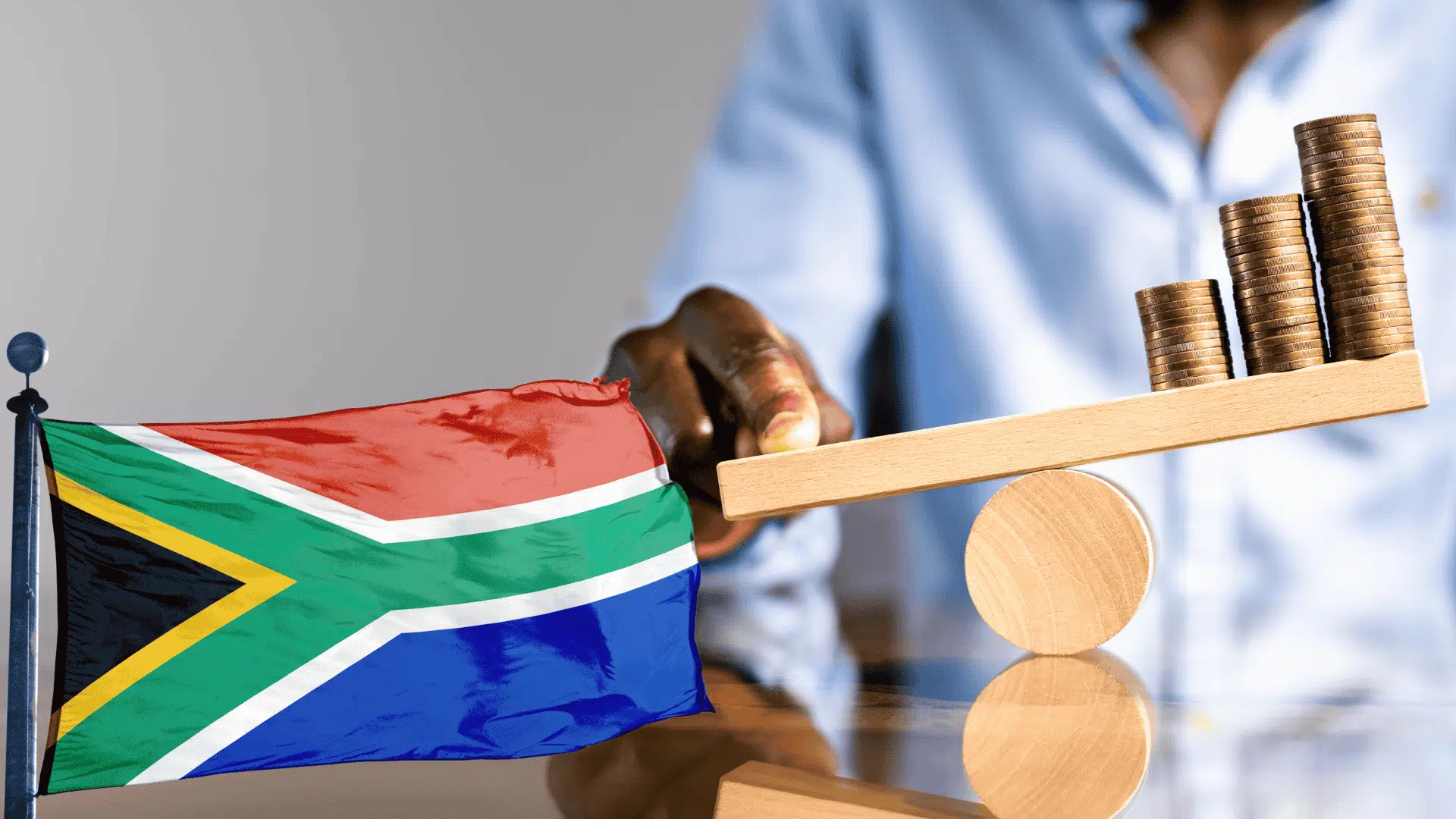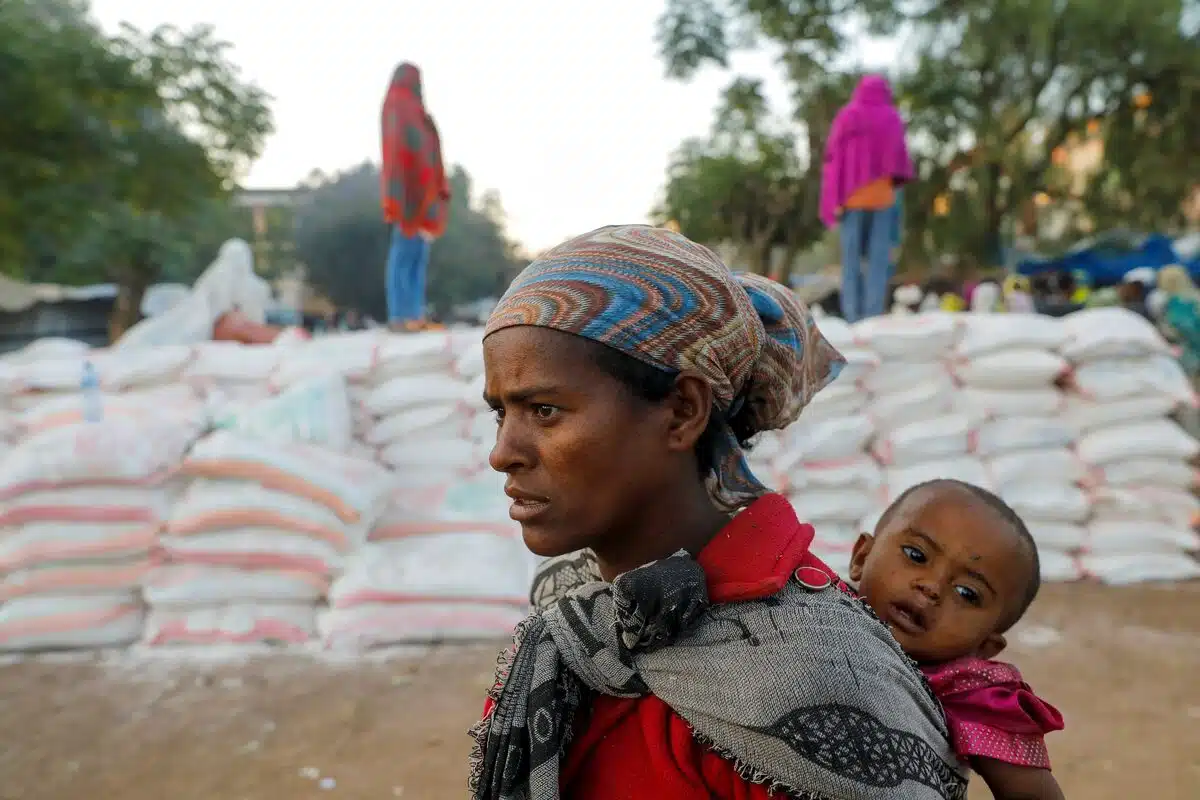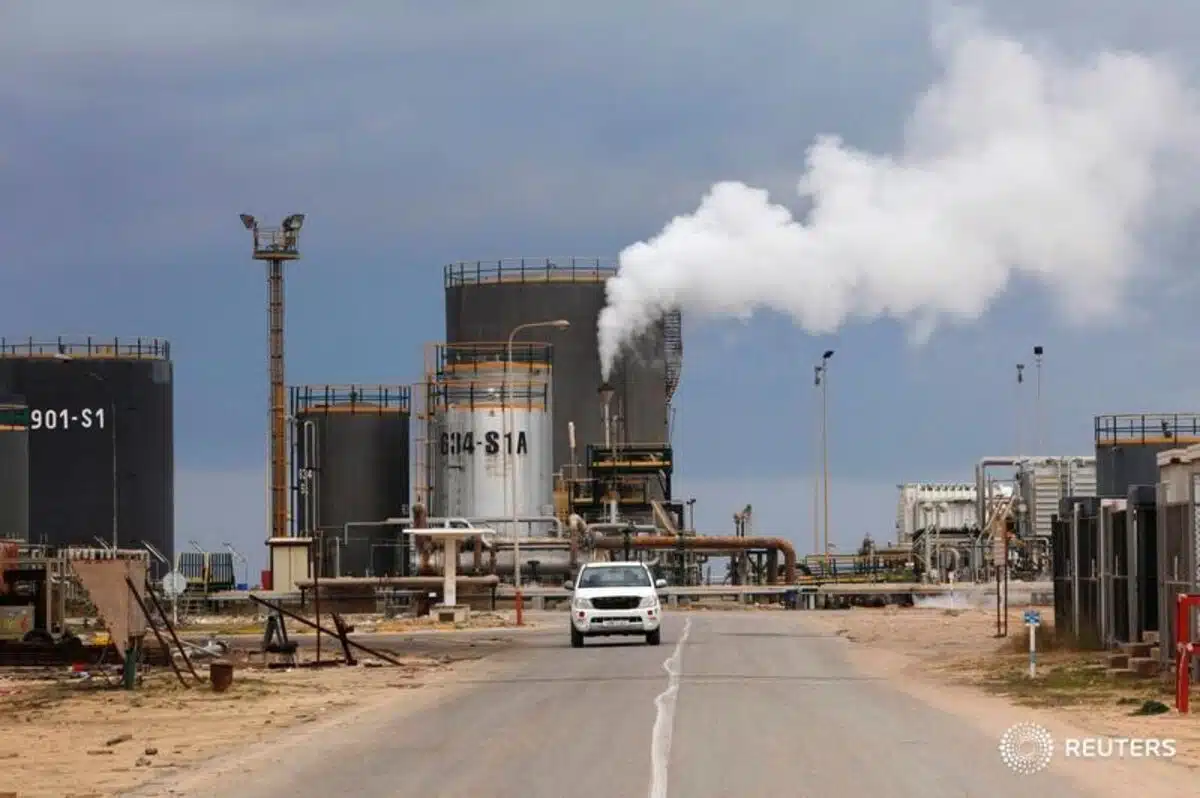South African analysts, business leaders, and trade unions have revised the country’s inflation expectations for 2025 down to 3.9% from 4.4% in 2024, according to the latest quarterly survey released on Wednesday.
This marks the first time in over four years that current-year inflation projections have fallen below 4%.
The more optimistic outlook could influence the South African Reserve Bank (SARB) to continue cutting interest rates, as it takes the survey findings into account when shaping monetary policy.
In the medium term, respondents now expect headline inflation for 2026 to ease to 4.3%, down from 4.6% in the first-quarter survey, while expectations for 2027 fell to 4.5% from 4.7%.
“The second-quarter survey reflects a broad-based and significant decline in the inflation expectations. This decline was present among all three social groups and for the entire forecast horizon,” the Bureau for Economic Research (BER), which conducts the survey, said in the report.
Among the three groups surveyed, analysts had the lowest inflation expectations, projecting 3.4%, 4.1% and 4.2% for 2025, 2026, and 2027, respectively.
The SARB, which targets inflation within a 3% to 6% range, has been working to lower that objective.
At its May policy meeting, the central bank said it preferred a three percent inflation goal and responded by cutting its benchmark lending rate by 25 basis points to 7.25%.
South Africa’s consumer inflation remained at 2.8% year-on-year in May, marking the third consecutive month below the 3% threshold. The South African Reserve Bank (SARB) is scheduled to make its next monetary policy announcement on July 31.
Despite the improved inflation outlook, survey respondents turned more pessimistic about economic growth.
They now project GDP to expand by just 0.9% in 2025, down from a previous projection of 1.2%.
Africa’s most industrialised economy grew by a meagre 0.1% in the first quarter, hampered by weak performance in the mining and manufacturing sectors, which continue to suffer from power shortages and logistics bottlenecks.
On the wage front, expectations have risen slightly.
Respondents now see salaries increasing by 4.9% this year and 5.1% in 2026, compared to 4.5% and 4.8% previously.






